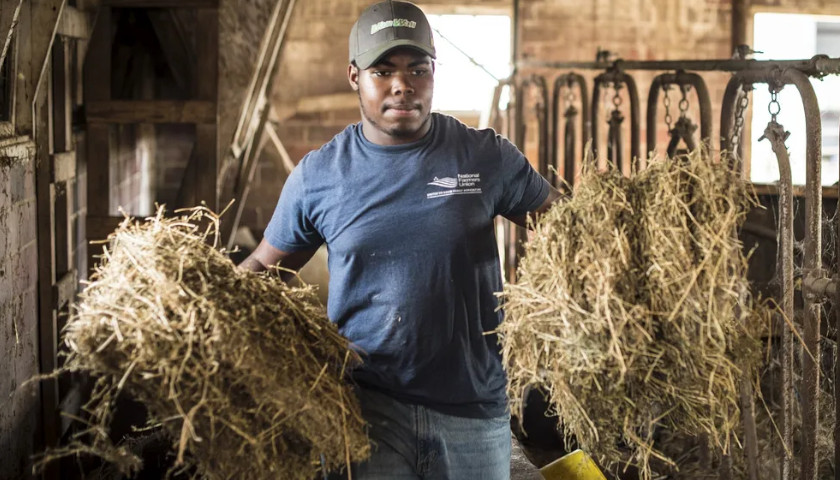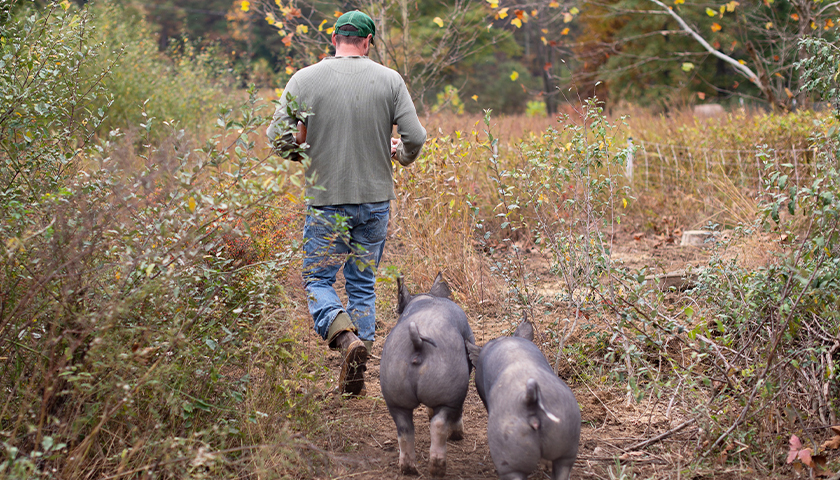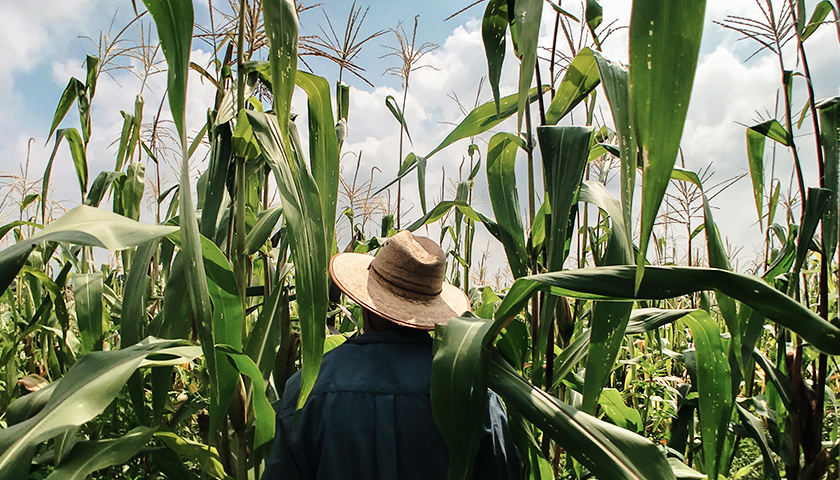Late last month, Montana ended its participation in the extended federal unemployment benefits program. No surprise this event was little noted in the national press, since Montana’s decision to exit the program had a direct effect on fewer than 20,000 people (the total unemployed population of Montana). Yet Montana’s decision had an enormous effect on the country as a whole.
Particularly for those inside the Beltway, it is easy to focus on Washington, D.C. as the only place where policymaking matters. And with an administration desperate to centralize power as it prints ever-growing piles of money with which it hopes to bribe or threaten states and localities, such an attitude is understandable. Recent developments in states like Montana far outside the beltway, however, show how national political innovations can be driven by states with smaller populations far from the beltway swamp and present conservatives with a path for political success.
While elections in Montana often are driven by local and idiosyncratic issues as well as personal relationships (understandable in a state with some of America’s least populated state house and senate districts), Montana is and has long been a very red state. The only Democratic presidential candidate since 1948 to win a majority here was Lyndon B. Johnson in his 1964 landslide win over Barry Goldwater. It is much easier to convince and move 1 million people in Montana than 332 million Americans. And yet by moving 1 million Montanans (or 800,000 South Dakotans) or 1.8 million Idahoans, the Right can often exercise an outsized influence on the national debate.
Read More








